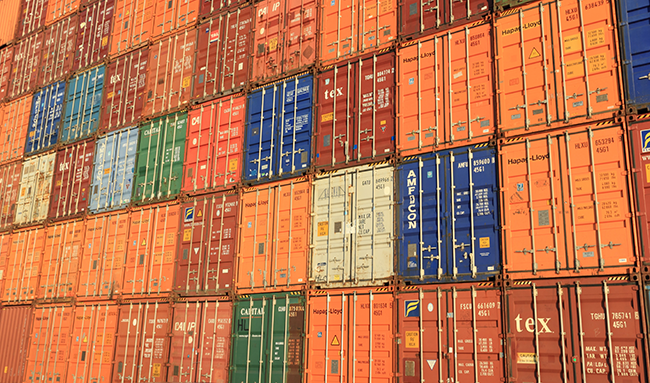2025-01-07
indicators

The Czech Republic’s foreign trade balance in November 2024 reflected a combination of progress and challenges, as reported by the Czech Statistical Office (ČSÚ). The country recorded a trade surplus of CZK 23.6 billion, representing a year-on-year decline of CZK 4.2 billion. While certain sectors, such as motor vehicles and electrical equipment, contributed positively to the trade balance, others, including metal products and machinery, experienced significant setbacks. A closer look reveals that the trade in motor vehicles was a major contributor to the surplus, with an increase of CZK 2.2 billion compared to the previous year. The oil and gas trade deficit also decreased by a similar amount, further bolstering the overall balance. Electrical equipment trade added another CZK 2.0 billion to the surplus, highlighting its growing importance in the country’s export portfolio. However, these gains were offset by weaker performances in other sectors. The surplus in metalworking product trade narrowed substantially, decreasing by CZK 4.3 billion. Similarly, the trade in machinery and equipment suffered a loss of CZK 2.8 billion, while the deficit in base metals trade deepened by CZK 1.6 billion. Trade relations with the European Union (EU) also showed signs of strain, as the surplus in foreign trade with EU countries decreased by CZK 3.9 billion year-on-year. Meanwhile, the trade deficit with non-EU countries widened slightly, increasing by CZK 0.5 billion. On the export and import front, exports in November grew by 4.4% year-on-year to CZK 424.5 billion, while imports increased at a faster rate of 5.8%, reaching CZK 400.9 billion. The faster growth in imports compared to exports continued a trend observed throughout the year. “Imports have once again grown faster than exports,” said Jana Mazánková, Head of the ČSÚ’s Trade Balance Department. “For instance, imports of metal products, mainly originating from Germany, Slovakia, and China, rose by almost 26% year-on-year. Additionally, imports of food products from Germany, Poland, and Spain grew by over CZK 2 billion compared to the previous year.” On a month-to-month basis, after seasonal adjustments, exports increased by 0.5%, while imports fell slightly by 0.7%. These figures suggest a degree of stabilization in trade activity, albeit with continued volatility in certain sectors. Cumulatively, from January to November 2024, the trade surplus reached CZK 219.1 billion, marking a significant increase of CZK 101.2 billion year-on-year. Over this period, exports grew by 4.7%, while imports rose by 2.3%, indicating a steady expansion in the country’s overall trade activity. The November performance underscores the importance of closely monitoring sector-specific trends and trade partnerships. While sectors like motor vehicles and electrical equipment continue to demonstrate resilience, challenges in metalworking and machinery trade highlight the need for strategic adjustments to maintain a balanced trade outlook. Source: ČSÚ

